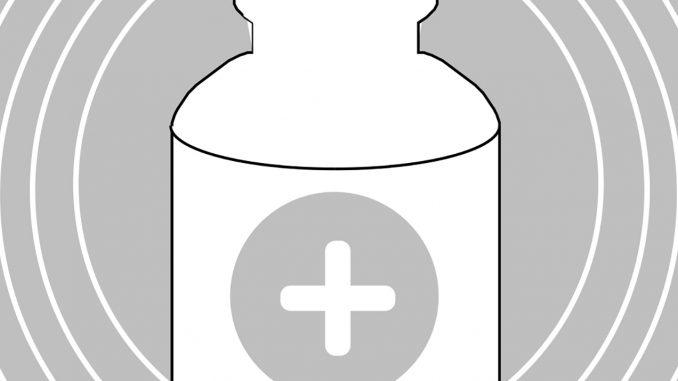

Vaccines given to infants and children in the past 20 years will prevent 322 million illnesses and 732,000 deaths in their lifetimes, the Centers for Disease Control and Prevention reported in 2014.
Vaccines will have also saved more than $1.3 trillion in societal costs over that time, according to the CDC.
You’d think it would make sense to listen to decades of proven medical research that shows how effective vaccines are. But somehow it’s become a trend to question their safety and necessity.
It’s important we communicate with our doctors to avoid misinformation and get our vaccines so we’re taking advantage of monumental medicine and keeping ourselves and others healthy. The lack of education and conspiracy theories from “anti-vaxxers” are taking us back about 200 years, and people are confusing fact with fiction.
Those beliefs are also deadly — during the 2017-18 flu season, the CDC reported a record 172 flu-related deaths in children. About 80 percent of those who died were not vaccinated for that season.
This September, the Mayo Clinic wrote that this year’s flu shot will protect against three to four of the influenza viruses circulating the 2018-19 flu season.
One of the anti-vaxxers’ common misconceptions is that natural immunity is better than vaccine-acquired immunity. But the risks of natural infection are greater than the risks of immunization for all recommended vaccines, according to the College of Physicians of Philadelphia.
If you want to become naturally immune to a disease, that can only happen if you get and survive the disease, according to the United States Department of Health and Human Services. This increases the risk that you could infect others. But with a vaccine, you get a relatively harmless version of the disease, and you don’t risk infecting others. This trains your body to fight off the real disease when it comes along.
For example, the number of measles cases every year in the U.S. ranged from 300,000 to 800,000 from 1950-63, according to the College of Physicians of Philadelphia. A measles vaccine was licensed in 1963, and the number of annual cases dropped to 22,000 by 1968.
While very few children get sick after vaccines, the anti-vaccination trend is egged on by parents who believe that a vaccine is the cause for some unrelated health problem their child has soon after immunization, said Stefan Keller, a Temple University social and behavioral sciences professor. And it’s important to know severe vaccine side effects are actually very rare, according to the Institute of Medicine.
“[A child is] diagnosed around the same time as a child is being consistently vaccinated, but this is just a coincidence, and the vaccines are not the cause for the disease,” Keller said.
It’s easy to point fingers at doctors and the vaccines they administer, but unless you’re a medical professional, you can’t be certain what causes an illness.
Keller added that fraudulent publications also contribute to misconceptions about vaccines. He pointed to a 1998 study that falsely linked vaccines and autism.
“People only believed it because it was published in a high-quality medical journal,” Keller said. “They created conspiracy theories that the pharmaceutical companies were behind it and trying to earn a profit.”
Ten of the 12 co-authors of that study soon retracted their data, and the original publisher fully retracted the study in 2010.
Keller said he doesn’t know any experts in the field who believe you shouldn’t get vaccinated.
Vaccines have helped the medical community reach milestones and saved hundreds of millions of lives. Without proper education, irrational fears can get in the way of everyone’s safety.


Be the first to comment